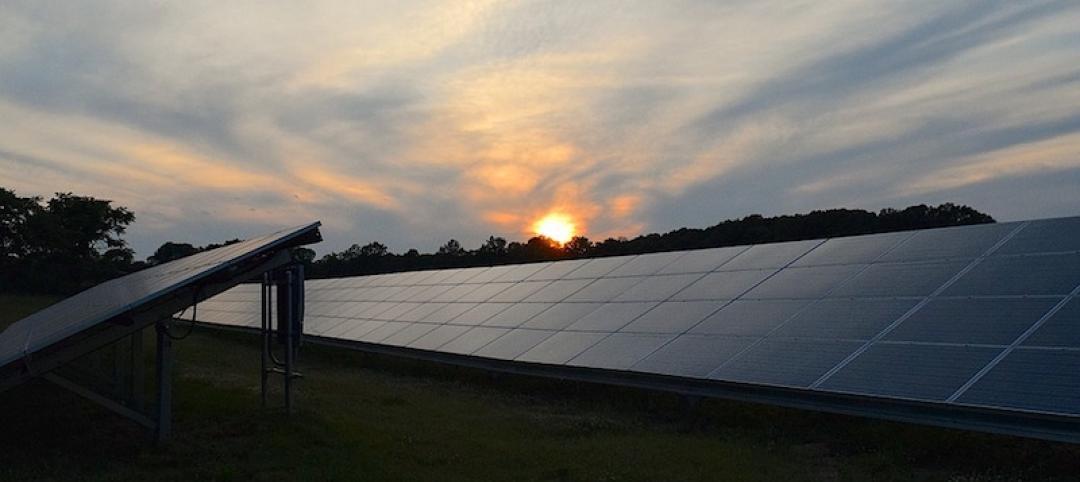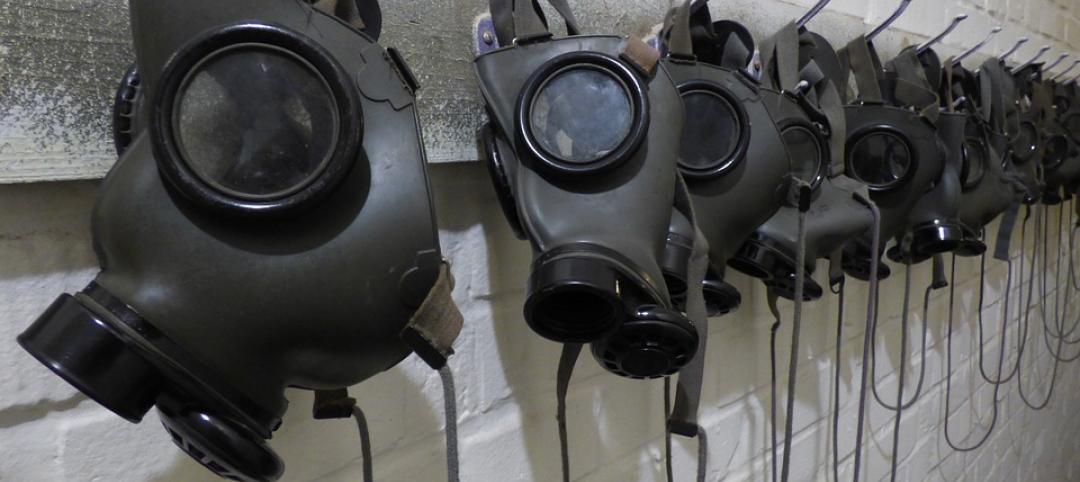A new report by the Union of Concerned Scientists (UCS) pinpoints portions of the U.S. at greatest risk of declining residential and commercial property values, and diminished city and county tax revenue due to flooding attributed to sea level rise.
The areas impacted face worse high tide flooding due to the effects of climate change, UCS says. The findings are the result of peer-reviewed analysis that used ZIP-code-by-ZIP-code data from Zillow Property Data.
The states found to be most at risk of flooding from rising seas are: Delaware, Georgia, Louisiana, Maryland, Massachusetts, New Jersey, New York, North Carolina, South Carolina, Texas, and Virginia. As much as 70% of some municipalities’ property tax bases could be at risk.
The analysis also provides risk assessment according to:
— Number of homes and commercial properties (by state and zip code).
— Current values of properties.
— The amount of money the properties contribute in annual property taxes, which fund schools, roads, and emergency services.
— How many properties could be spared if warming is limited to below 2 degrees Celsius.
— Near- and long-term impact projections, including within the next 30 years.
— Identification of areas where coastal property owners might experience recurring flooding so severe it limits their ability to live or work in these properties.
Related Stories
Codes and Standards | Oct 11, 2017
Data, transparency are keys to next steps in green building, says USGBC chief
Monitoring and comparing performance are critical to advancing sustainability goals.
Codes and Standards | Oct 10, 2017
New guidelines for quality control on application of membrane roof systems released
NRCA document provides guidance for on-site evaluation.
Codes and Standards | Oct 9, 2017
New app calculates maximum allowable heights for building occupancy types, classes of construction
The app streamlines compliance on various types of construction.
Codes and Standards | Oct 5, 2017
California lawmakers pass bill that requires GCs to pay wages of sub employees if subs fail to pay
The measure will go into effect in January if the governor signs it.
Codes and Standards | Oct 4, 2017
Ambitious but realistic increase in clean energy would cut GHG emissions by 80% in the U.S.
NRDC report says goal can be achieved with existing tools.
Codes and Standards | Oct 3, 2017
Reducing duct leakage is focus on latest green building standards updates
ASHRAE 189.1 broadens testing requirements to include more types of ducts.
Codes and Standards | Oct 2, 2017
Nationwide retrofit strategy in Canada could cut 51% of emissions from large buildings
The roadmap provides government and industry with a targeted plan.
Codes and Standards | Sep 28, 2017
Resources available for new OSHA respirable crystalline silica regulation
NRCA offers compliance tools for contractors.
Codes and Standards | Sep 28, 2017
New tool compares HVAC system efficiency
IAPMO and Hydronics Industry Alliance unveil BEST to evaluate systems in early design phase.
Codes and Standards | Sep 26, 2017
Anti-drone technology can ward off unauthorized drone flights
The technology can be used to prevent terrorist attacks and spying.

















